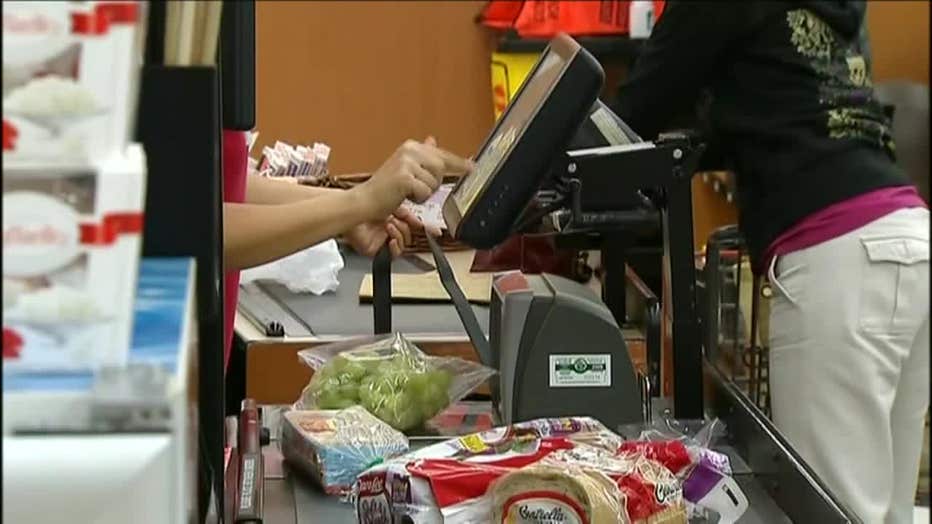Walmart data reveals weight loss drugs impacting grocery sales
UPPER EAST SIDE - The head of Walmart’s U.S. operations told Bloomberg News this week that weight loss drugs are beginning to nibble on the retail giant’s food profit margins.
Registered dietitian Lisa Moskovitz said the findings make complete sense.
"Some people, it's not fully covered by insurance," Moskovitz said. "They might be spending a lot of money out of pocket. They're going through the trouble of taking out a needle and injecting them once a week. They're committed."
Featured
Ozempic maker taking legal action against counterfeit copies
The drugmaker is adamant the deceptive practices not only jeopardize patient well-bein, but also compromise the credibility of their FDA-approved Semaglutide medicines.
Walmart analyzed anonymous data of the customers who are buying the medicines at their stores, plus what the individuals spend on groceries.
"They're in a let me eat as little as possible and take advantage of this medication that is suppressing my appetite mentality, and there's going to potentially be less consumer action at restaurants," Moskovitz said.
Sammy Muscovic, owner of Sojourn Social on the Upper East Side, said he’s had to compromise and get creative with his menus.
The Upper East Side recently made headlines because while it’s one of the healthiest neighborhoods in New York City, it also has the highest rate of injectable weight loss use in the city. It’s also one of the wealthiest neighborhoods in the city.

"We’re getting a lot more business, we’re not selling as much food as we used to, but they’re all having an extra glass of wine," Muscovic said.
According to Forbes, nearly 7% of the population is projected to be on weight-loss drugs in 2035.



